Google's copyright victory should be thrown out, says Oracle
Google is "lying to the jury", company claims


Sign up today and you will receive a free copy of our Future Focus 2025 report - the leading guidance on AI, cybersecurity and other IT challenges as per 700+ senior executives
You are now subscribed
Your newsletter sign-up was successful
Oracle has argued that Google's copyright victory over the use of Java APIs should be thrown out, due to the fact that Google withheld key evidence.
Annette Hurst, lead attorney for Oracle, told the federal court that launching the Google Play store on Chrome OS - which the search giant did midway through the trial - was "a game changer".
This, she said, completely undermined Google's central argument, which hinged on the fact that as Android wasn't encroaching on the desktop market for the Java SE platform, it was covered under the principles of 'fair use'.
"Oracle [Android] isn't 'transformative'; it's on desktops and laptops," Hurst told presiding Judge William Alsup, pointing out that Google was doing this using Java code. "That's outrageous, under copyright law."
According to Oracle's lawyers, these plans should have been shared during the trial's discovery phase and by not doing so, the company is "lying to the jury".
Google, however, has argued that as the feature was not ready for a full production rollout it was under no obligation to disclose it and that Oracle knew the company was planning to move Android apps to a laptop environment.
"No party had a duty to supplement discovery with matters beyond the scope of trial," said Google attorney Christa Anderson. "Our answers were appropriate and complete."
Sign up today and you will receive a free copy of our Future Focus 2025 report - the leading guidance on AI, cybersecurity and other IT challenges as per 700+ senior executives
Alsup will issue a written ruling on whether or not to dismiss the case based on Oracle's arguments, but advised Google's attorney that "if I had been in your position, I would have disclosed".
18/08/2016: Google did not violate Oracle's IP with Android, jury rules
Google did not commit intellectual property theft when it built Android, a jury has ruled.
The case is the latest in a series of court battles between Oracle and Google regarding the latter's use of Java APIs in the creation of the Android mobile operating system, which now has the largest install base of all mobile platforms.
While Google argued its use of the APIs was covered by fair use, which permits the partial use of copyrighted material for "transformative" purposes, Oracle claimed the company had acted illegally, costing it billions of dollars in revenue and leading to a claim for $9.3 billion in damages.
This question has been resolved, for now at least, by today's federal court jury, which found Google's use of the Java APIs did indeed constitute fair use.
In a statement released immediately after the ruling, Oracle general counsel Dorian Daley said: "We strongly believe that Google developed Android by illegally copying core Java technology to rush into the mobile device market. Oracle brought this lawsuit to put a stop to Google's illegal behaviour. We believe there are numerous grounds for appeal and we plan to bring this case back to the Federal Circuit on appeal."
Google had not released a statement at the time of publication.
18/05/2016: Oracle CEO blames Google for 98 per cent drop in revenues
Oracle CEO Safra Catz has blamed Google's use of Java APIs for massive drops in the company's revenue, a San Francisco court has heard.
The two companies are embroiled in a copyright dispute over Google's use of the Oracle-owned Java APIs in its Android operating system.
Google claims the APIs should be covered under fair use principles, while Oracle is demanding over $9 billion worth of damages for their unauthorised use.
By including Java APIs in Android and then freely distributing it to device manufacturers, Catz told the jury, Google massively undercut the license fees paid to Oracle by existing customers.
Samsung, for example, reduced its license payments down from $40 million to just $1 million, constituting a drop of 97.5 per cent.
According to Catz, Oracle was compelled to offer a similarly precipitous discount to Amazon during the development of the Kindle Paperwhite, after it began using Android for its Fire tablets.
Catz even claimed that Google acknowledged it was breaking the rules. She spoke of an alleged conversation with Google's lawyer Kent Walker at an event in 2012.
"Google is a really special company," Walker allegedly said, "and the old rules don't apply to us."
"Thou shalt not steal," Catz is said to have replied, "It's an oldie but it's a goodie".
Not to be outdone, Google has itself claimed that Oracle is only pursuing the case because it cannot compete in the marketplace. The company pointed to Oracle's abandoned device development project, which was shelved due to "very limited internal expertise".
29/03/2016: Oracle demands $9.3bn damages from Google in Java retrial
Oracle has demanded $9.3 billion in damages from Google to compensate for the use of Java in Android.
Oracle first sued Google in 2010, claiming the search giant infringed on its intellectual ownership of a number of Java APIs by including them in the Android operating system.
The case went to trial in 2012, but while Oracle scored a partial victory last year by successfully arguing that it can copyright code and the way it interfaces with other software, the jury could not reach a decision over whether Google's infringement of this copyright was covered under 'fair use'.
A new trial to resolve this issue is set to begin in a federal district court in San Francisco on 9 May, and Oracle court filings include a document put together by an expert hired by Oracle, putting damages at $9.3 billion (6.5 billion).
Of that amount, $475 million are actual damages for alleged unauthorised usage of the APIs, while $8.8 billion is the amount of Google's profits Oracle believes it is owed.
Google denies any wrongdoing regarding its use of the Java APIs, which is has claimed are covered by fair use. In a court filing last week, Google said the 37 Java APIs it uses are "a fraction of a per cent of the code" that makes up the Android OS.
A pre-trial hearing before a judge is due on 27 April, ahead of the trial commencing.
Java, which is one of the most widely-used programming languages, has had security issues recently, with the discovery of a critical bug in the software leading Oracle to release a number of patches last month.

Jane McCallion is Managing Editor of ITPro and ChannelPro, specializing in data centers, enterprise IT infrastructure, and cybersecurity. Before becoming Managing Editor, she held the role of Deputy Editor and, prior to that, Features Editor, managing a pool of freelance and internal writers, while continuing to specialize in enterprise IT infrastructure, and business strategy.
Prior to joining ITPro, Jane was a freelance business journalist writing as both Jane McCallion and Jane Bordenave for titles such as European CEO, World Finance, and Business Excellence Magazine.
-
 Salesforce targets telco gains with new agentic AI tools
Salesforce targets telco gains with new agentic AI toolsNews Telecoms operators can draw on an array of pre-built agents to automate and streamline tasks
-
 Four national compute resources launched for cutting-edge science and research
Four national compute resources launched for cutting-edge science and researchNews The new national compute centers will receive a total of £76 million in funding
-
 MoD and Oracle forge closer ties as IT modernization accelerates
MoD and Oracle forge closer ties as IT modernization acceleratesNews The UK’s defence ministry will move legacy systems to Oracle Cloud Infrastructure as part of the expanded agreement
-
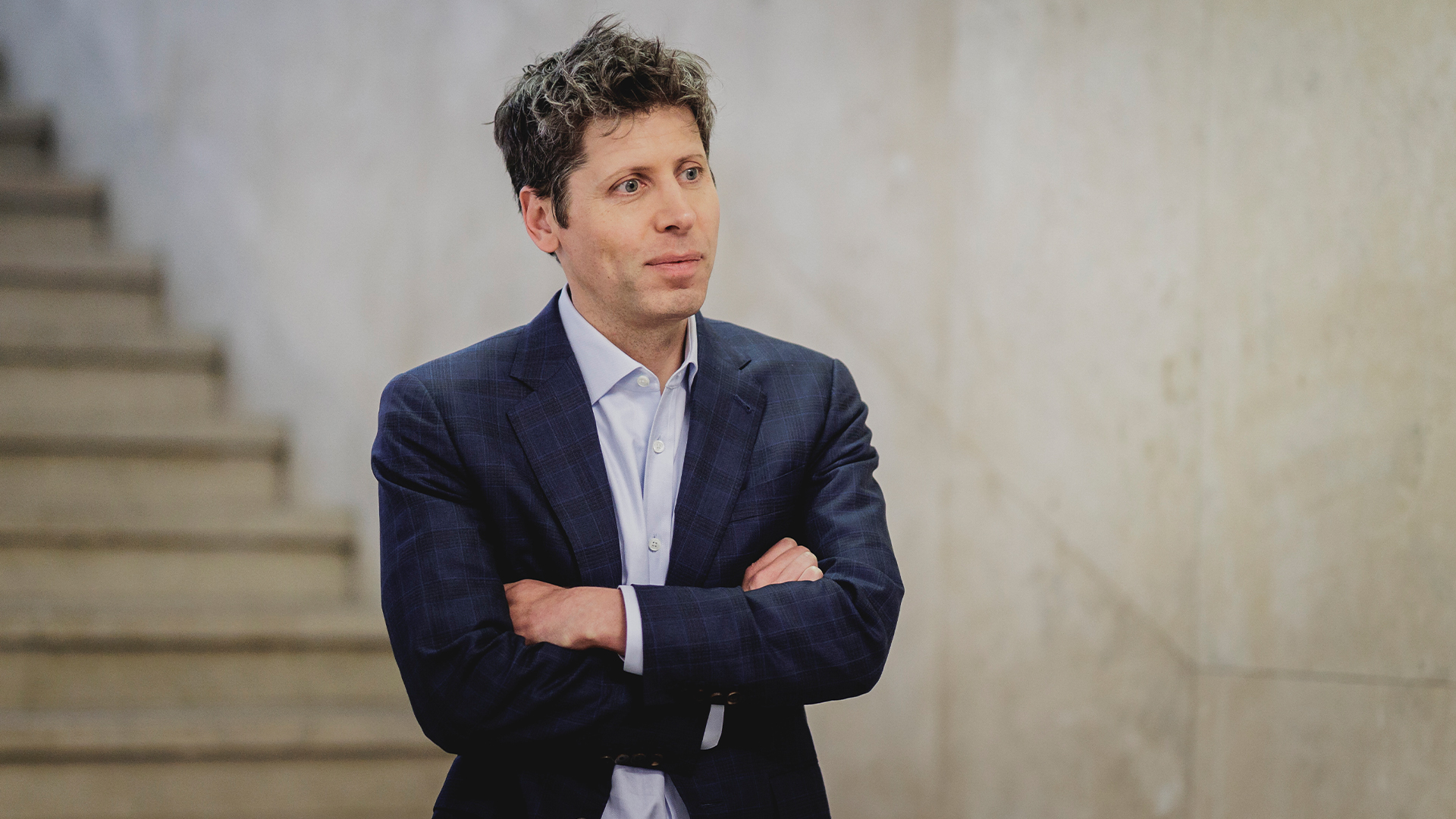 OpenAI has a bold plan to pay for its $1 trillion spending spree: Ads, personal assistants, and cheaper subscriptions
OpenAI has a bold plan to pay for its $1 trillion spending spree: Ads, personal assistants, and cheaper subscriptionsNews OpenAI has lined up more than $1 trillion in spending – and now it's trying to figure out how to pay for it all.
-
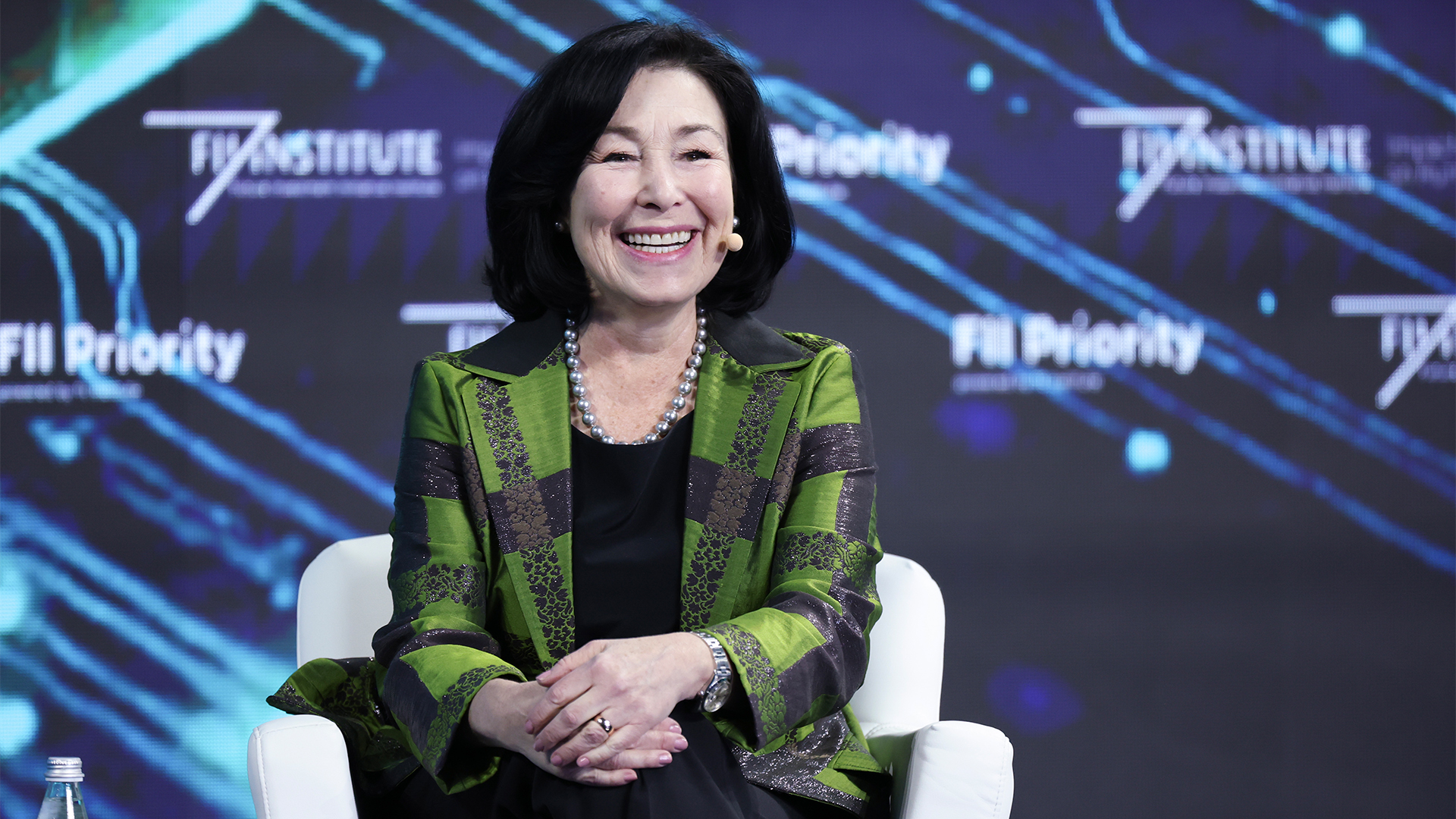 Oracle leadership shake-up comes at 'the right moment' as Safra Catz makes way for co-CEOS
Oracle leadership shake-up comes at 'the right moment' as Safra Catz makes way for co-CEOSNews Clay Magouyrk and Mike Silica will take up the joint role at Oracle amidst a sharpened AI focus
-
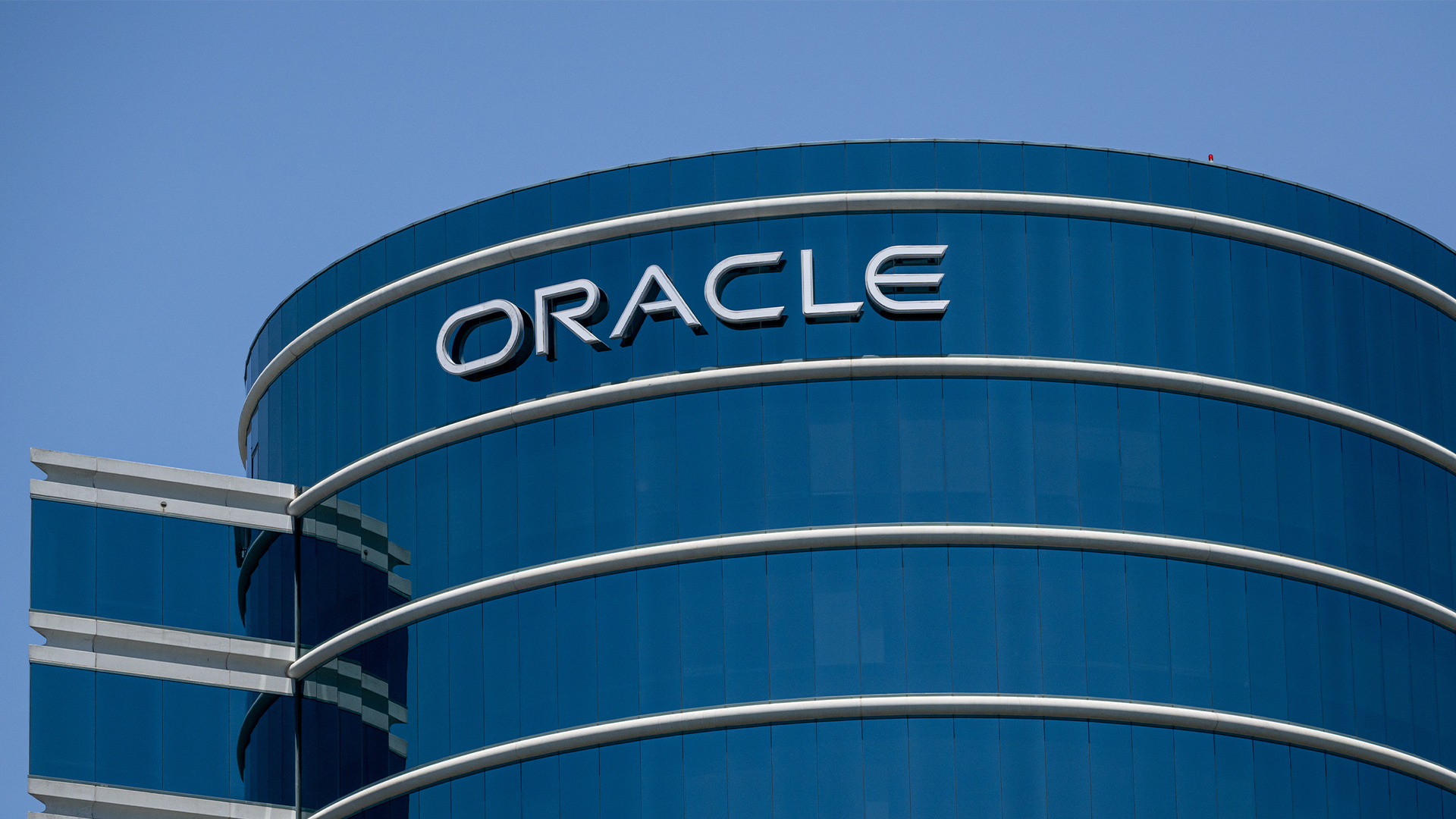 Oracle layoffs loom despite strong financial results
Oracle layoffs loom despite strong financial resultsNews Hundreds of staff across US and elsewhere say they've been made redundant
-
 IBM eyes Oracle expertise gains with latest acquisition
IBM eyes Oracle expertise gains with latest acquisitionNews The deal aims to help IBM address the complexities of public sector cloud transformation
-
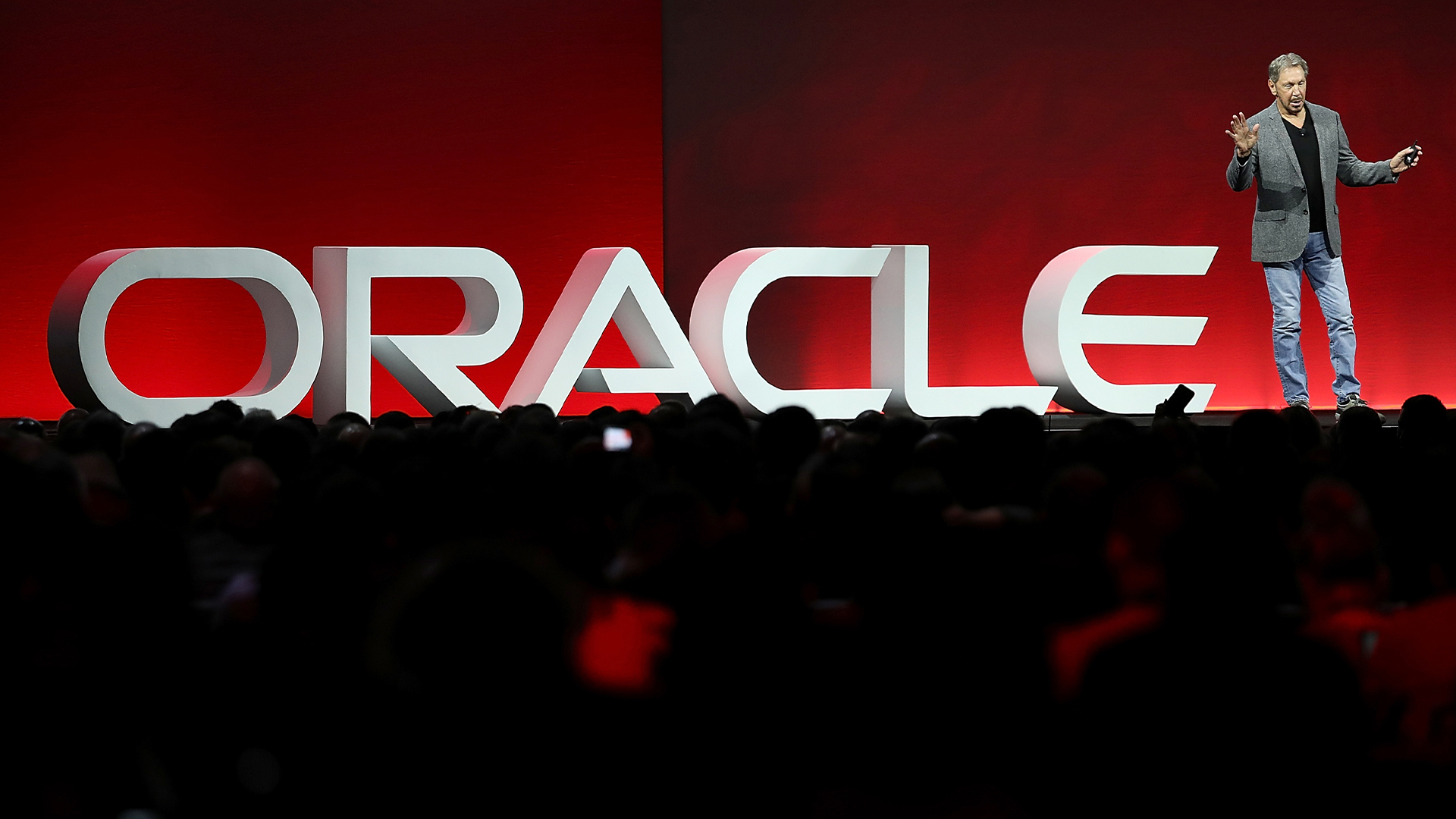 Channel Focus: All you need to know about Oracle's partner program
Channel Focus: All you need to know about Oracle's partner programWhat to know about partnering with Oracle: A brief guide to the database management software company as it expands further into cloud solutions
-
 Compliance through automation and localization
Compliance through automation and localizationITPro Podcast The crossover between automation, localization, and even AI is strong
-
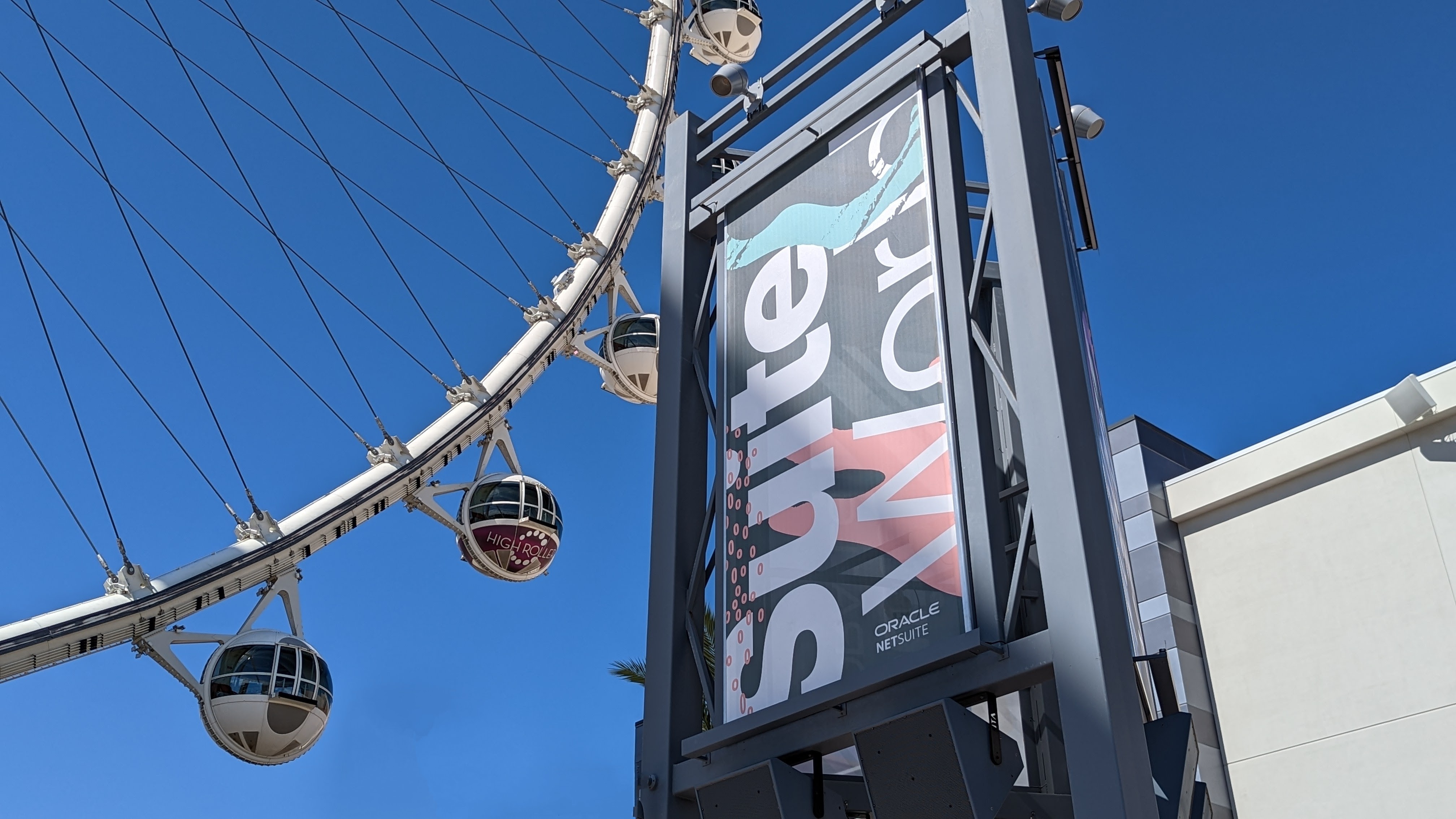 Will NetSuite take a cautious approach to AI at SuiteWorld 2023?
Will NetSuite take a cautious approach to AI at SuiteWorld 2023?Analysis Generative AI is likely to loom large over SuiteWorld – but NetSuite may instead bank on boosting its core end-to-end automation tech